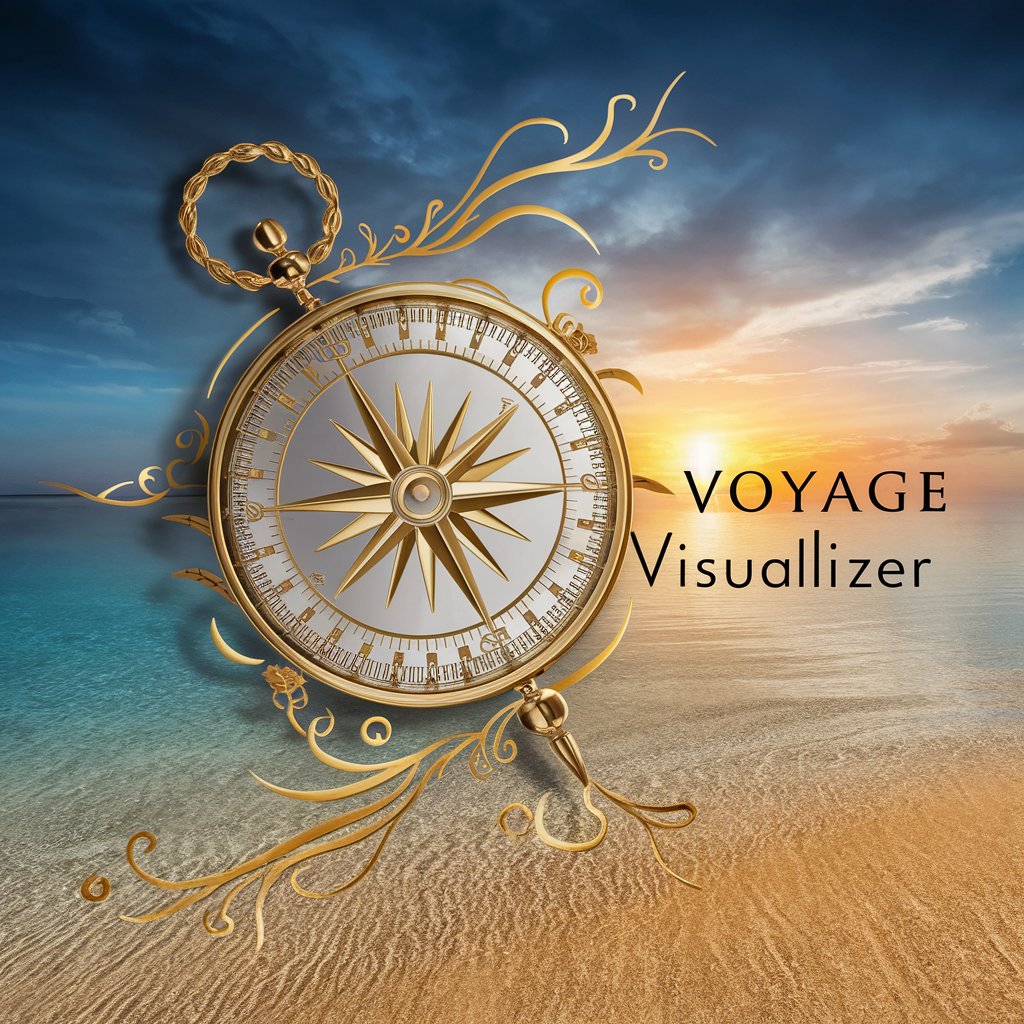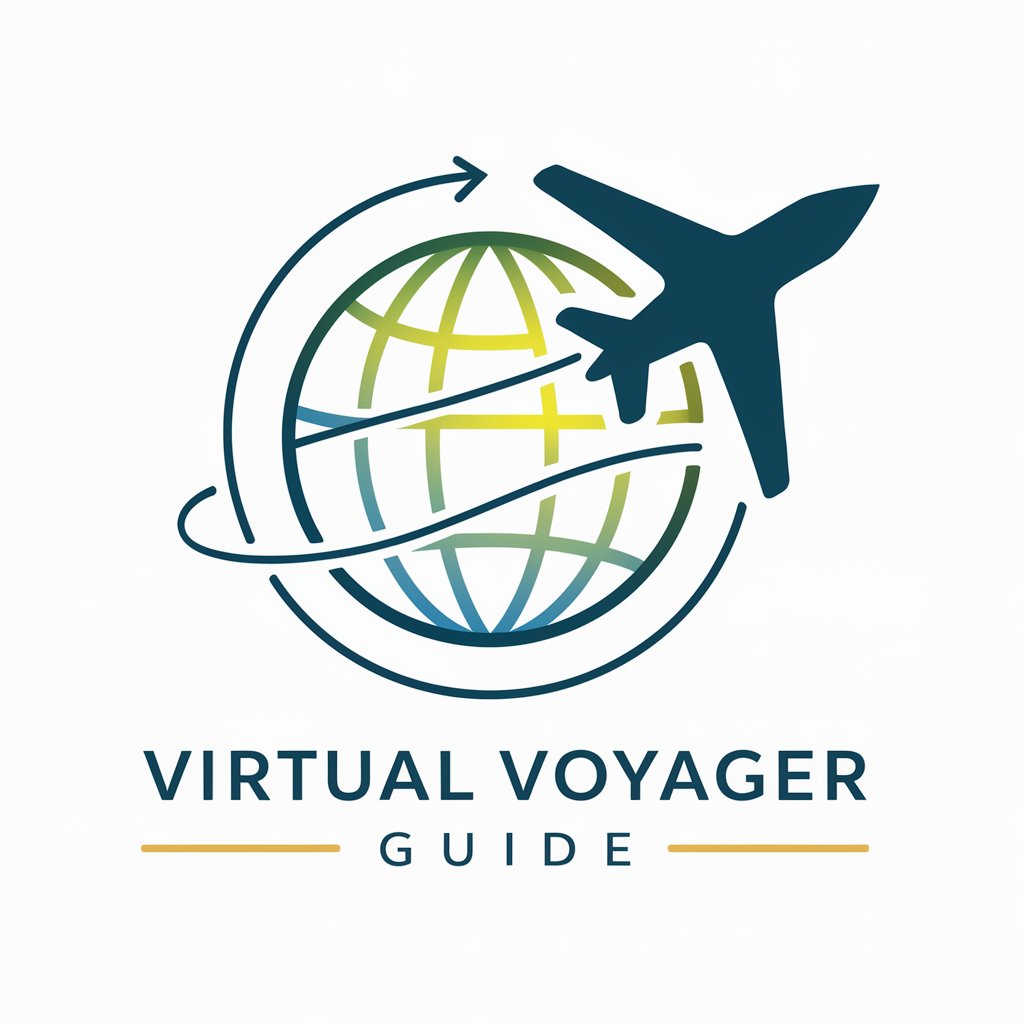
VOYAGE Horizons PLC Modules - PLC Enhancement Tool
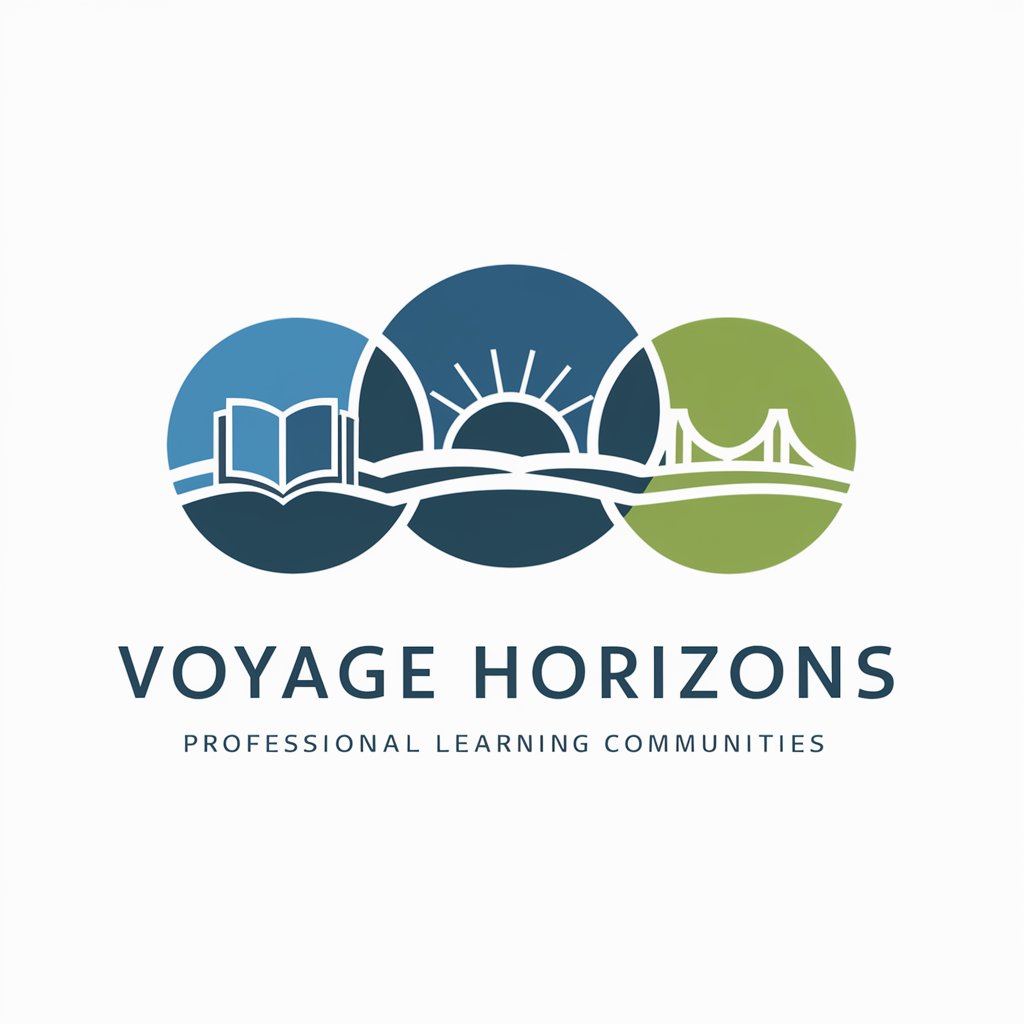
Welcome! How can I assist you with your PLC today?
Empowering Educators with AI-Driven PLC Insights
Design a strategy to improve PLC engagement by...
How can we ensure data-driven decision-making in our PLCs when...
What are the best practices for building trust among PLC members...
Discuss the role of reflective practice in enhancing our PLCs by...
Get Embed Code
Introduction to VOYAGE Horizons PLC Modules
VOYAGE Horizons PLC Modules are designed as comprehensive professional development tools to support the implementation and ongoing development of Professional Learning Communities (PLCs) within educational institutions. These modules aim to provide school leaders and educators with the knowledge, strategies, and tools necessary to effectively establish, assess, and refine PLCs to enhance collaborative teaching practices and improve student outcomes. Each module focuses on a critical aspect of PLC development, from identifying the root causes of ineffective PLC practices to facilitating continuous improvement and leadership within PLCs. For example, Module 1, 'The Source of the Issue,' helps educators conduct a needs analysis and develop a roadmap for improvement, while Module 3, 'Continuous Improvement,' guides users through using data for better outcomes and adopting reflective practices for growth. Powered by ChatGPT-4o。

Main Functions of VOYAGE Horizons PLC Modules
Needs Analysis and Root Cause Identification
Example
Module 1 assists school leaders in conducting an efficient analysis to identify the underlying issues hindering the effectiveness of their PLCs. This involves evaluating existing practices, collaboration levels, and outcomes to pinpoint specific areas needing improvement.
Scenario
A school struggling with low teacher engagement in PLC meetings uses Module 1 to uncover that meetings lack clear objectives and actionable outcomes, leading to disinterest and poor participation.
Facilitation of Continuous Improvement
Example
Module 3 emphasizes the importance of adaptive practices and continuous refinement within PLCs. It provides strategies for using data analysis to foster consistent growth and improve educational experiences.
Scenario
Using Module 3, a high school science department applies the 'I Notice/I Wonder' protocol to interpret student assessment data, leading to targeted instructional strategies that improve student understanding in challenging topics.
Leadership and Collaborative Problem-Solving
Example
The modules highlight the role of leadership in sustaining effective PLCs, offering guidance on leading meetings, setting clear norms, and making data-informed decisions to encourage a collaborative problem-solving culture.
Scenario
A school's leadership team leverages strategies from the modules to revamp their PLC meetings, introducing structured agendas, shared leadership roles, and regular data reviews, which result in more productive discussions and actionable plans.
Ideal Users of VOYAGE Horizons PLC Modules
School Leaders
Principals, vice-principals, and other administrative staff who are responsible for overseeing the implementation and success of PLCs within their schools. They benefit from the modules by gaining insights into effective leadership strategies, problem-solving techniques, and data analysis methods to drive school-wide improvement.
Educators and PLC Facilitators
Teachers, department heads, and designated PLC leaders who directly engage in the development and operation of PLCs. These users find value in the modules' emphasis on collaborative teaching strategies, reflective practice, and continuous improvement processes to enhance their professional growth and student learning outcomes.
Instructional Coaches and Professional Development Coordinators
Individuals tasked with supporting teacher development and facilitating effective instructional practices. These professionals use the modules to guide their coaching strategies, providing targeted support to PLCs and helping educators implement best practices for collaboration and student-centered learning.

How to Use VOYAGE Horizons PLC Modules
Step 1
Begin your journey with a free trial at yeschat.ai, accessible without any login or subscription to ChatGPT Plus, ensuring an effortless start.
Step 2
Choose the specific VOYAGE Horizons module that aligns with your current educational needs, whether it's identifying issues, facilitating PLCs, or implementing continuous improvement strategies.
Step 3
Engage with the content through interactive PowerPoints, workbooks, and videos provided in each module to deepen your understanding of effective PLC practices.
Step 4
Apply the strategies and insights gained from the modules in your educational setting, using the facilitated activities to promote discussion and reflection within your PLC.
Step 5
Utilize the continuous feedback and reflection tools embedded in the modules to measure progress and adapt strategies for ongoing improvement.
Try other advanced and practical GPTs
KeBi
Your Cantonese-speaking AI companion
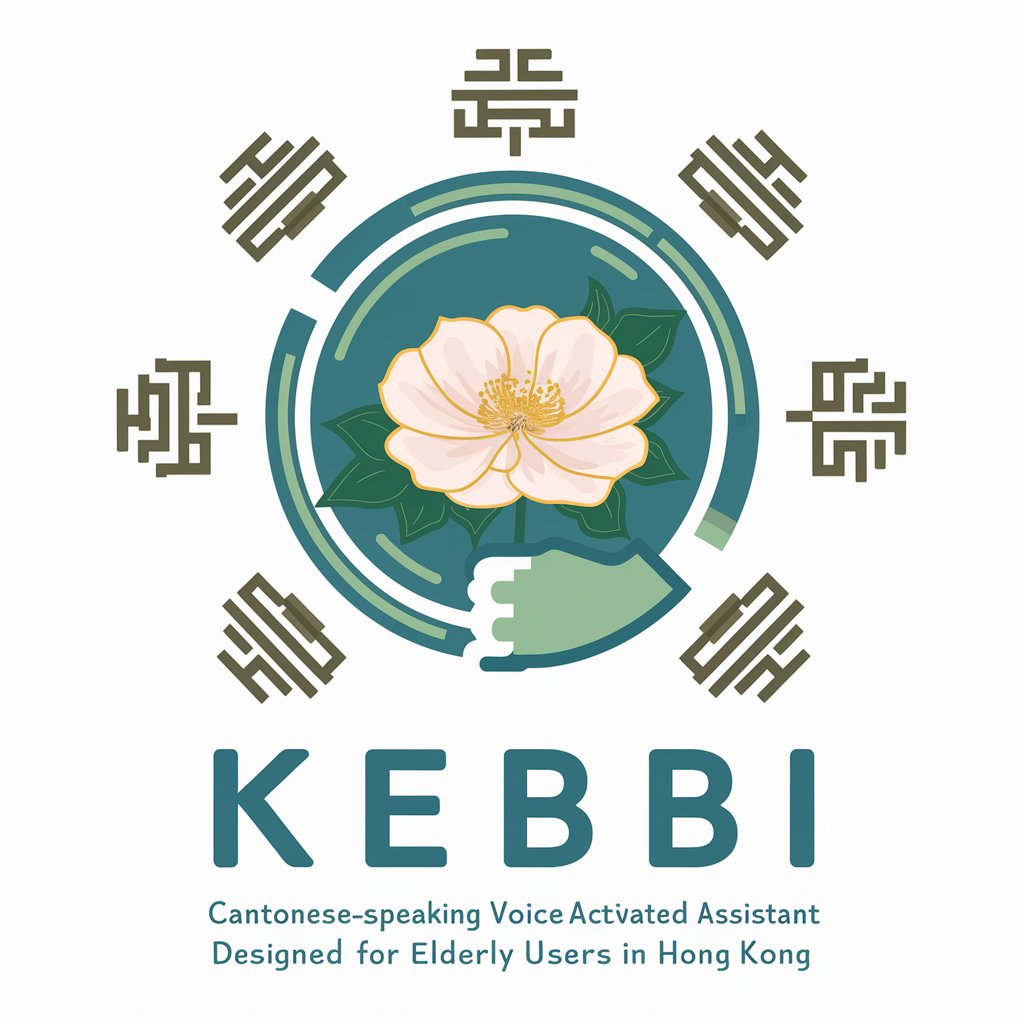
LFM
Empowering self-learners with AI
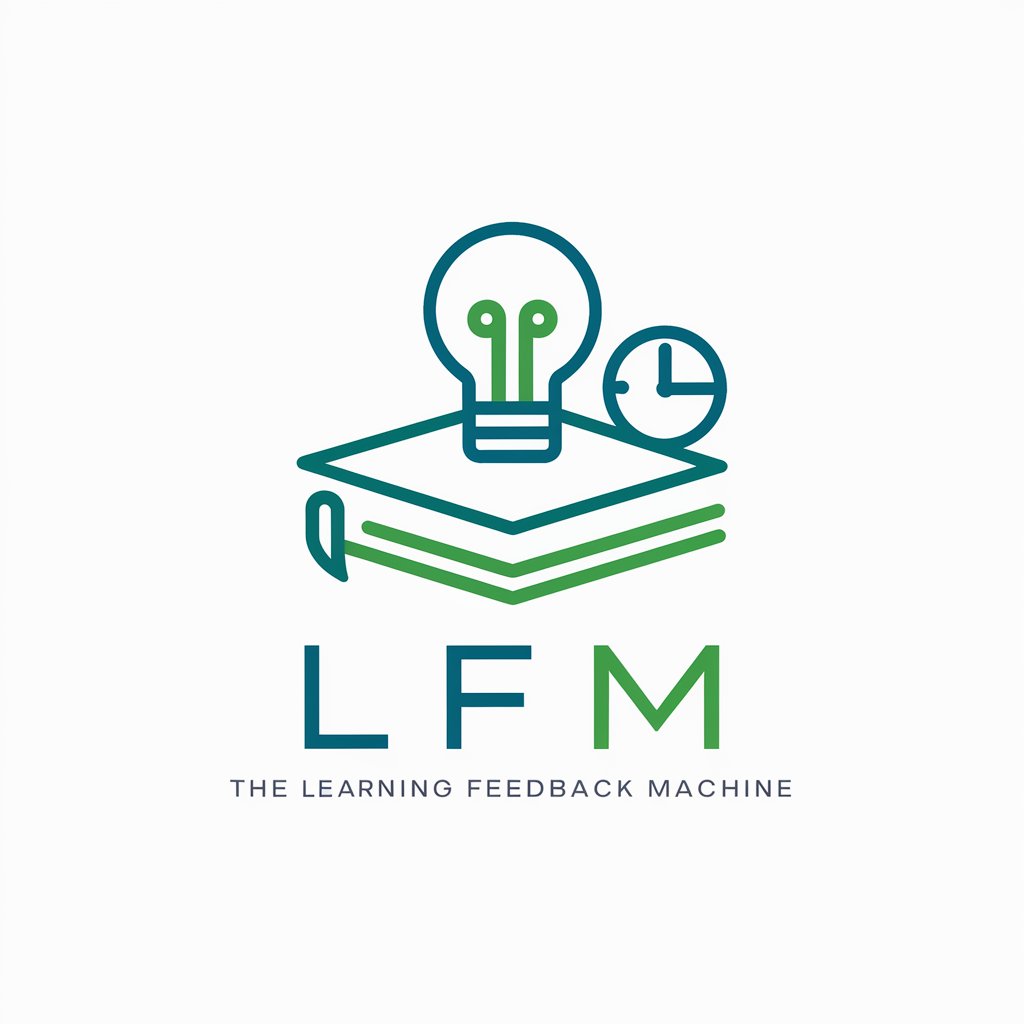
Potterpedia
Your AI-powered guide to the Wizarding World

이미지 프롬프트 생성기 Image prompt generator
Craft Your Vision with AI

Abogado Experto en Derecho de Familia
Empowering Legal Decisions with AI

各務原市広報誌ガイド
Navigate Local News with AI Power

Gartenhelfe
Empowering your green thumb with AI.
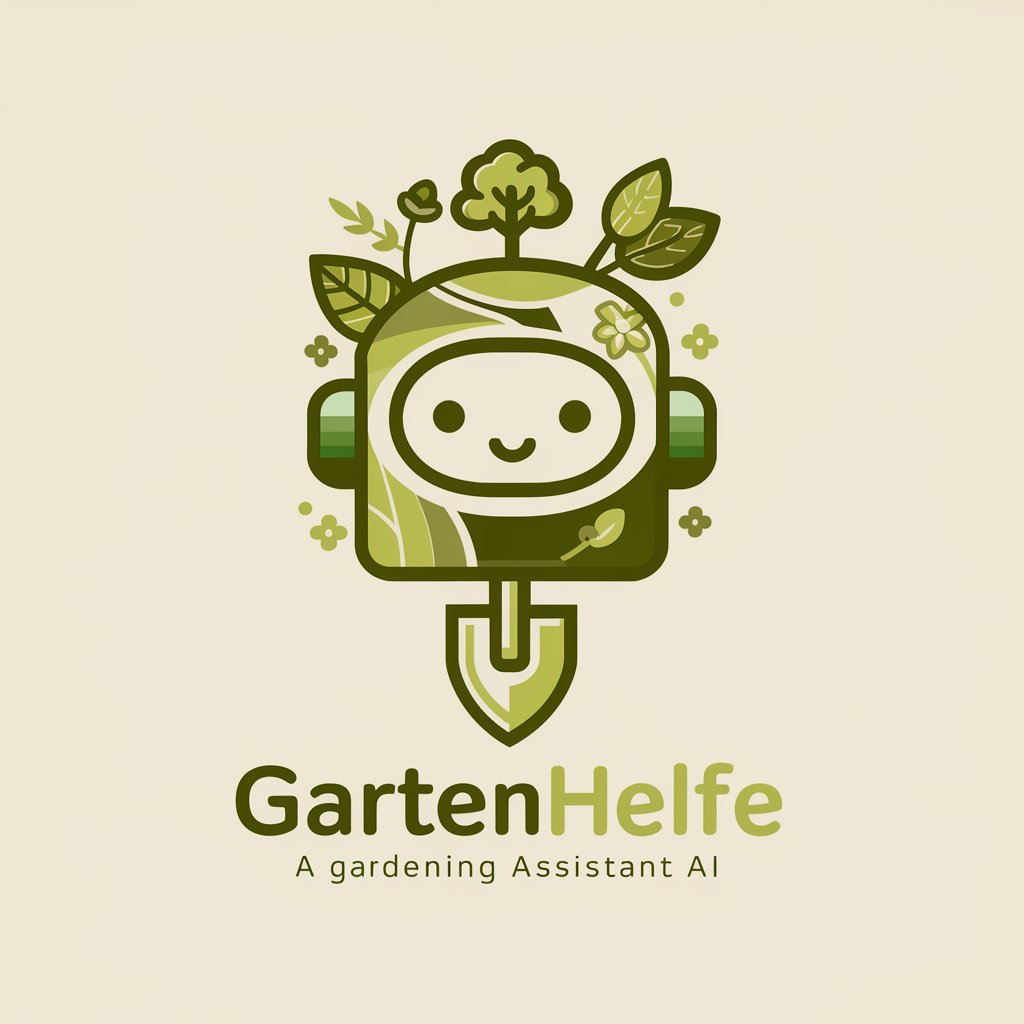
Lorentzian Python
Redefining Machine Learning with Lorentzian Distance
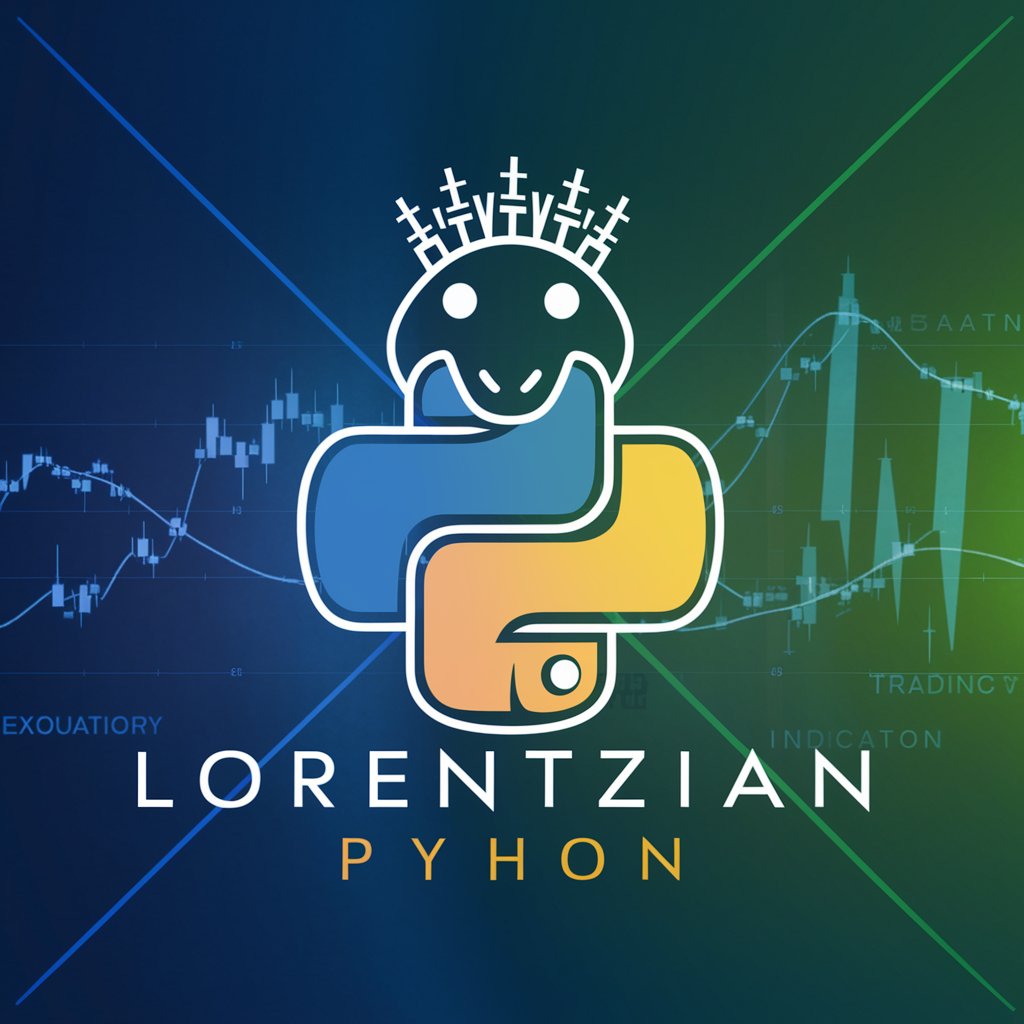
RegEx Generator
Craft precise regex patterns effortlessly.

Demetra, amica di studio
Empowering education with AI insight.
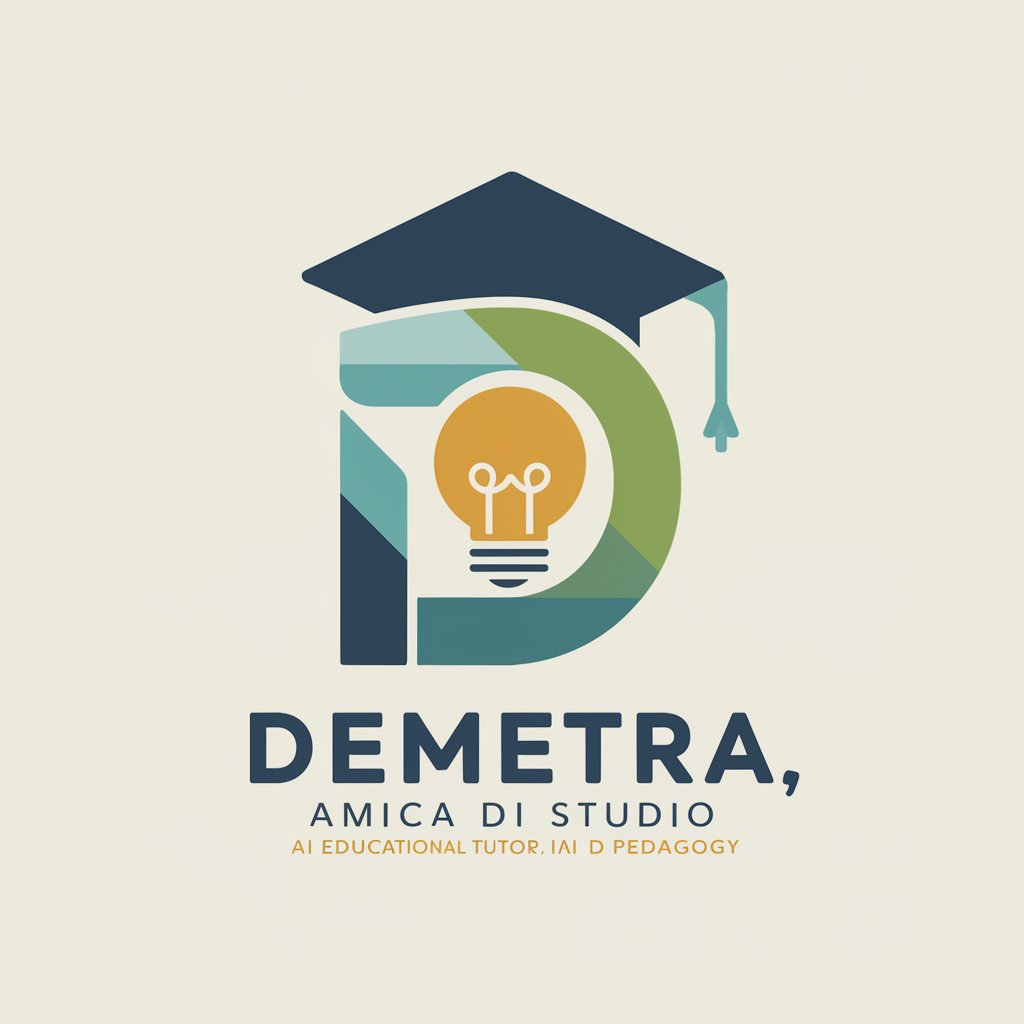
Office Space Captain
Revolutionizing Workspace with AI
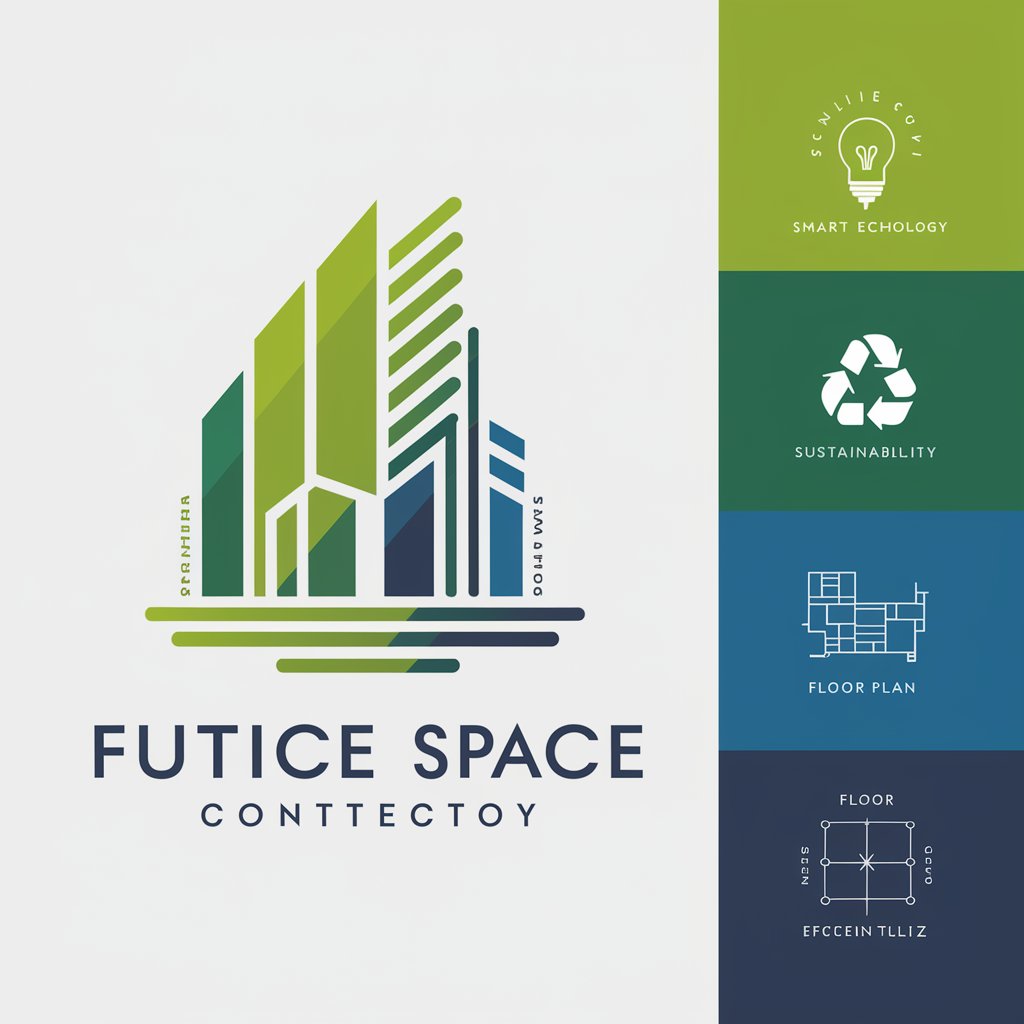
Sea-超凡论文助手
Empowering Your Academic Writing with AI

Frequently Asked Questions about VOYAGE Horizons PLC Modules
What are VOYAGE Horizons PLC Modules?
VOYAGE Horizons PLC Modules are a comprehensive suite of professional learning community (PLC) resources designed for educators. They include training in PowerPoint form, workbooks, and a facilitator's guidebook to support effective PLC implementation, addressing issues, facilitation, and continuous improvement within educational settings.
Who can benefit from using these modules?
School leaders, educators, and PLC facilitators will find the modules invaluable for enhancing decision-making, boosting collaboration, improving student outcomes, and fostering professional growth through adaptable teaching and leadership strategies.
How can the modules be integrated into existing educational practices?
The modules can be integrated through individual study, group training sessions, or whole team workshops. They are designed to be flexible, allowing for adaptation to specific school contexts and needs, encouraging ongoing reflection and discussion among staff.
What makes VOYAGE Horizons PLC Modules unique?
Their unique blend of theory and practical application, supported by voiceovers, videos, and interactive activities, sets them apart. They're designed not just to impart knowledge but to engage users actively in the process of improving their PLCs, with a focus on data-driven decision-making and continuous reflection.
How do the modules support continuous improvement?
Through a structured approach that includes identifying areas for improvement, implementing strategies, evaluating outcomes, and adapting practices based on feedback. The emphasis on data analysis, reflective practice, and celebrating successes fosters a culture of ongoing growth and development.

